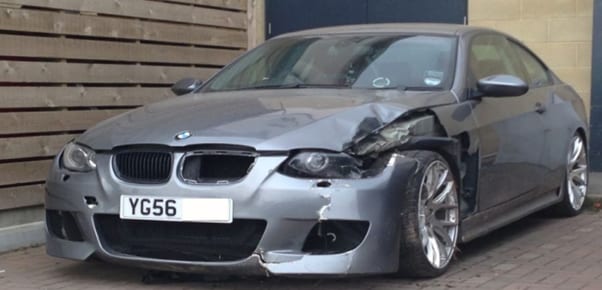All vehicles require an MOT test when they are more than three years old. This is because the law requires that all drivers ensure that their car has a valid MOT every year.
First introduced in the 1960s under the direction of Ernest Marples, the MOT test examines all aspects of a vehicle including its engine parts, lights and breaks to ensure that it is safe to drive.
Why?
An MOT test is designed to thoroughly examine the overall road safety of a vehicle so that it is not only safe for the driver, but that it is also safe for other road users too.
Many drivers dread the annual MOT test due to the financial burden that often comes hand in hand with a vehicle that has failed its MOT. After all, if a vehicle is deemed to be unsafe and fails its MOT, it is against the law for drivers to get behind the wheel of that vehicle.
Who needs an MOT test?
Whether you drive a car, van or motorbike, you will be expected to ensure that your vehicle has a valid MOT once it reaches three years of age.
With the demands of everyday life often pulling us in all manner of directions, it’s often the case that drivers forget when to renew their MOT, resulting in a fine of up to £1000 if caught.
Can you drive with a failed MOT?
If your car fails its MOT, you will not be able to drive it as the law states that it is illegal to drive any vehicle that does not have a valid MOT certificate. And remember, if your car does not have a valid MOT certificate, your insurance will also not be valid.
Taking an MOT retest
If your vehicle fails its MOT, it is possible to get a retest providing you address the repairs that need to be carried out.
You can either address the repairs to your vehicle there and then, or take your car away for the repairs to be fixed. If you do decide to take your car away to be repaired, you will have to ensure that all repairs have been addressed within 2 -10 working days and you must bring your car back to the original testing centre for a partial retest.
If the repairs to your vehicle take longer than 10 days to fix, you will be charged for a full MOT.
Selling an MOT failure
Many drivers decide to sell their vehicle if it has failed its MOT as the repairs often cost more to fix than the vehicle is worth.
If your car has recently failed its MOT, or does not have a MOT certificate at all, selling your car can be extremely difficult, but not impossible.
At Gp Metals we will purchase a vehicle without an MOT. All you need to do is fill out our online pricing tool to get an instant quote.
Declare SORN following an MOT failure
If you decide that scrapping your car following an MOT failure is the best option for you, it is important that you register your vehicle as SORN.
SORN (Statutory Off Road Notification) is the designation that is given to all vehicles that are now exempt from road tax and SORN must be in place before vehicle owners can scrap their car.
Find out more by contacting our team of experts are on hand to answer any questions you have about scrapping your car.










